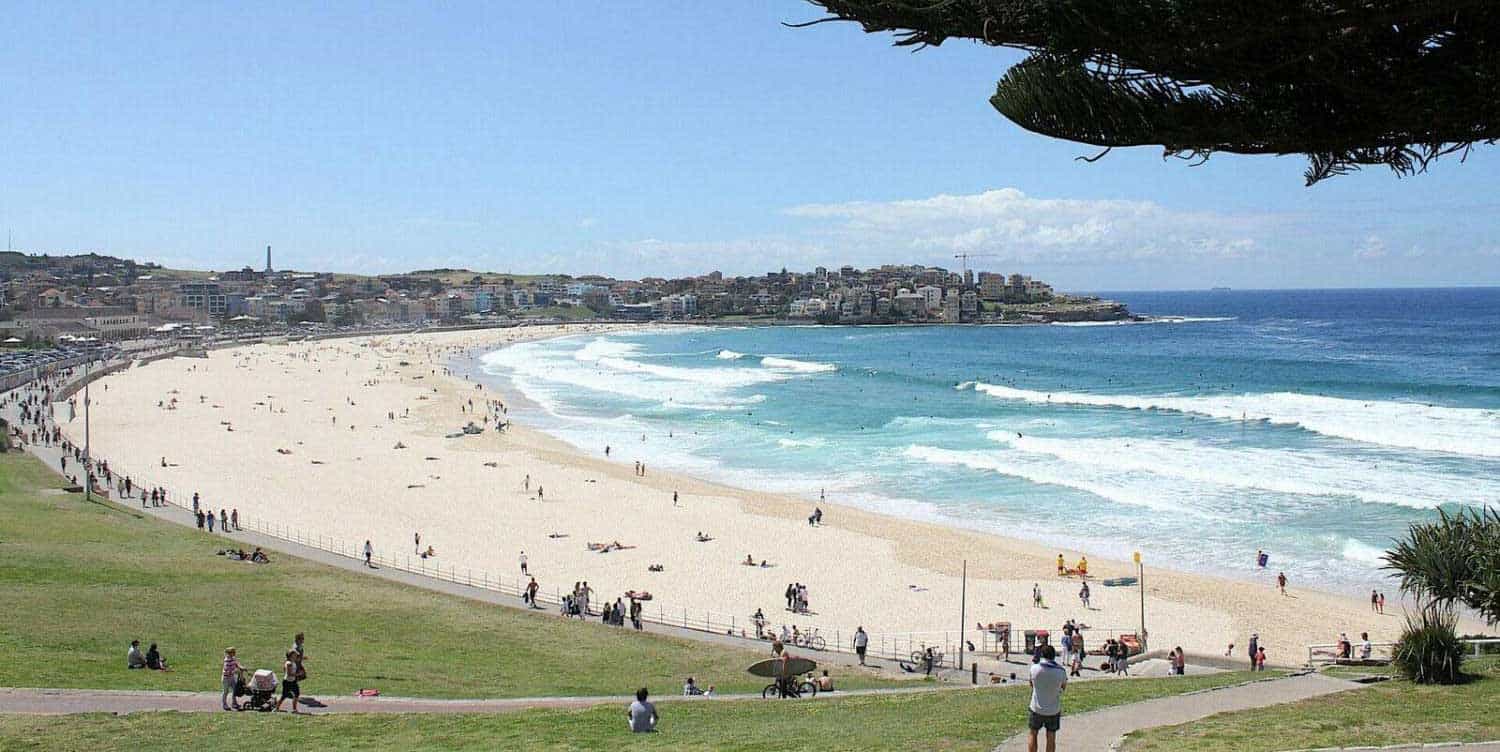In the last week, three new retailers have entered the NSW electricity market. The arrival of Kogan Energy, Elysian Energy and GloBird Energy has heated up competition. So what’s the deal for electricity consumers in NSW?
Right now, small retailers are cheaper
All three new players offer residential deals that rank them in the top 10 offers for households that use 20kWh per day and don’t have solar. The interesting thing to note for customers without solar, who are shopping for a competitive electricity deal, is the top rankings are now dominated by smaller retailers. The top 10 plans for households using 20kWh per day in Sydney (Ausgrid network) are now offered by Powerclub, ReAmped Energy, Kogan Energy, Elysian Energy, GloBird Energy, Sumo, Powershop, Discover Energy, 1st Energy and Energy Locals. Notable by their absence are NSW’s ‘big three’ electricity retailers – Origin, EnergyAustralia and AGL. Together these retailers account for over 80% of NSW’s residential electricity customers as of March 2019 (according to the AER).
Choosing a lesser-known brand
If you are looking for the most competitive deal you won’t be seeing “tier one” brands. So what does this mean for consumers, now that the top of the NSW rankings are dominated by lesser known or undiscovered brands? The fact is, this isn’t a problem. Electricity is a homogenous product and the reliability of supply isn’t dependent on your retailer. So, you should feel comfortable about switching to any of the top ranking retailers. Obviously customer service is a consideration. Getting an accurate bill on time, and being able to have any questions you might have resolved is important. The use of automation and proven systems means new retailers can get it right.
You’ll find that some of the smaller retailers offer a range of features. Like online monitoring, apps and reward schemes. Plus many of the smaller retailers support ‘values’ like renewables as well as offer good financial value.
What about solar customers
The recent influx of new retailers in NSW has had less impact for solar customers. So far, the new retailers only offer low (< 10 cent) feed-in tariffs. This means that Kogan Energy, Elysian Energy and GloBird Energy just don’t rank as well for those with solar.
The best offers vary significantly based on the amount of your energy usage and solar export. Take the example of solar customers in Sydney (Ausgrid) importing 10kWh per day and exporting 10kWh per day. The cheapest offers are available from Origin Energy, Powerclub, Energy Locals, EnergyAustralia, Sumo, Powershop, amaysim, Powerdirect, ReAmped Energy and AGL. The absence of the three new retailers for non-solar rankings, is just as notable as the presence of Origin Energy, EnergyAustralia and AGL amongst the top solar deals.
Changes in Market Share
With new and smaller retailers now dominating the low price end of the market and the top 3 retailers yet to actively lower their prices to meet the challenge will translate to a movement towards smaller retailers. As a result of the introduction of the Victorian Default Offer and the Default Market Offer, we expected things would change. Origin Energy, EnergyAustralia and AGL have experienced a huge reduction in revenue from their most profitable customers on standing offers. So it seems likely they won’t be jumping full on back into the lower end of the market in any state to offer cheap deals for electricity shoppers. The question is, for how long will the big players sit out of the top ranking?
Thin margins
What’s interesting to note is that few of the low price retailers in NSW (with the exception of Powershop) have any generation of their own. They are having to buy (very smartly) on the wholesale market. Most of these retailers are running very thin margins and lean business models. A number have very small teams (less than 10 staff) and are keeping their costs down until they can grow beyond 10,000 customers.
What’s next?
We don’t expect the tier one retailers to sit on the sidelines indefinitely and give up market share. They have innovated in the past with offerings like fixed rates and prepaid plans, solar, VPP and EV products. We expect that to continue. With over 40 electricity retailers across the contestable markets in Australia there appears to be opportunities for consolidation. A number of small retailers who are growing quickly, may be the targets of bigger players wanting to win back lost customers. Whether the smaller retailers will be happy to be bought out by those they have been fighting hardest against is another story.
If you are looking for a good deal – I’d suggest staying open to the offers from smaller retailers, while keeping a look out for when the bigger players decide to get competitive again.

